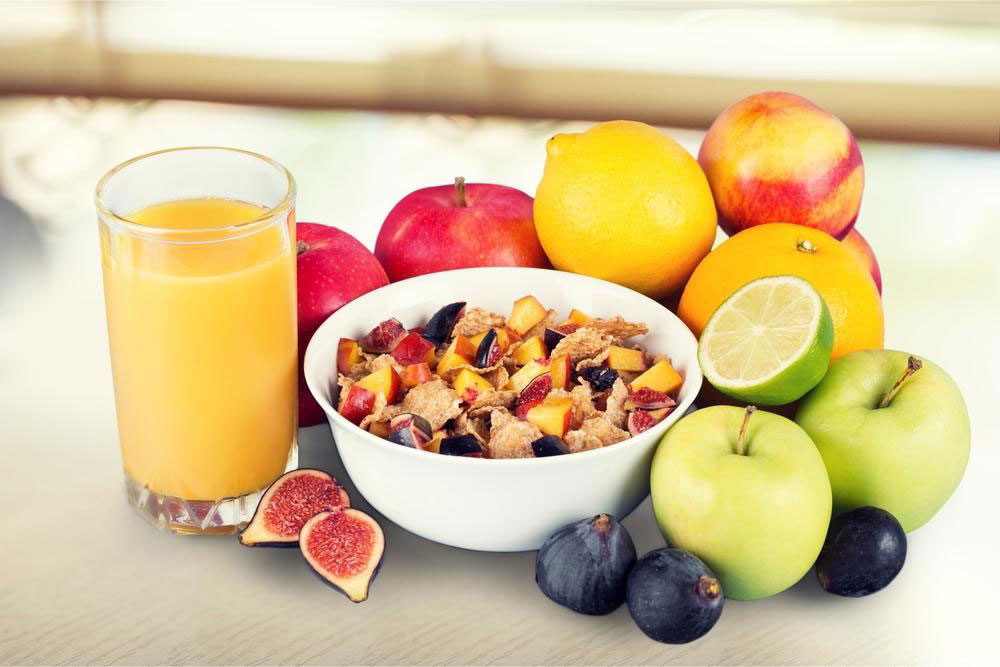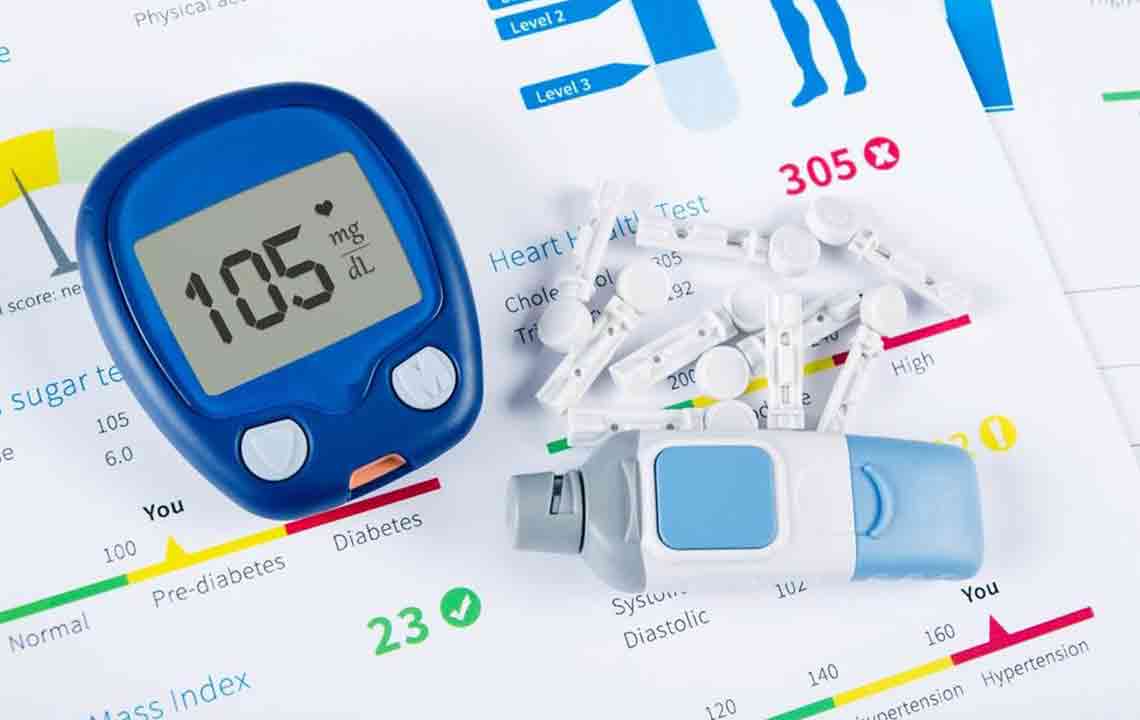Personalized Nutrition Plan for Effective Management of Type 2 Diabetes
This article explores personalized dietary strategies for managing type 2 diabetes effectively. It emphasizes balanced nutrition involving carbs, proteins, fats, and fiber to control blood sugar levels. Recommendations include choosing whole grains, lean proteins, healthy fats, and plenty of vegetables, along with portion control. Proper diet management is crucial for preventing complications and maintaining health with diabetes.

Personalized Nutrition Plan for Effective Management of Type 2 Diabetes
Our body cells rely on energy derived from the carbohydrates or sugars we consume. In individuals with type 2 diabetes, the body's ability to absorb glucose into the cells is impaired, leading to symptoms like fatigue and weakness.
Insulin plays a crucial role in transporting glucose to various parts of the body such as the brain and muscles. However, with type 2 diabetes, insulin production diminishes, preventing proper glucose uptake.
This deficiency causes glucose to accumulate in the bloodstream, raising blood sugar levels.
If left unchecked or untreated, cells develop resistance to insulin, reducing their glucose absorption capacity. This triggers the pancreas to produce even more insulin, but blood sugar continues to rise, resulting in type 2 diabetes.
Controlling high blood sugar levels is possible through a tailored diet for type 2 diabetes, which balances carbohydrates, vitamins, proteins, fats, salt, and fiber intake.
What is a balanced diet for type 2 diabetes?
Maintaining a nutritious diet is essential for individuals with type 2 diabetes to obtain adequate nutrients and energy. Key components include carbs, fats, salts, and fiber. Managing the intake of these nutrients helps regulate blood sugar levels effectively. The core idea is to monitor food portions and maintain consistent blood glucose levels.
Carbohydrates
Carbohydrates are the chief energy source but can cause blood sugar spikes if consumed excessively. Opt for foods like fruits, whole grain bread, cereals, milk, rice, yogurt, and starchy vegetables such as potatoes, beans, and corn. Prioritize whole grains rich in minerals, vitamins, and phytochemicals, and limit refined white flour, which offers minimal nutrition.
Proteins
The American Diabetes Association recommends lean protein sources like fish and turkey. Consuming seafood like salmon thrice weekly benefits heart health thanks to omega-3 fats. Vegetables like beans and nuts also provide protein, but intake should be moderated due to calorie density. Avoid processed meats high in saturated fats and sodium, which pose cardiovascular risks.
Fruits and Vegetables
Fruits and vegetables are vital. Include leafy greens, broccoli, asparagus, and cauliflower, while limiting high-starch foods like potatoes and corn. Berries are excellent for satisfying sweet cravings due to their antioxidant content and low sugar levels. Dried fruits like dates should be avoided because of their high sugar content.
Healthy Fats
Choose healthy fats such as those found in avocados, almonds, and pecans, which contain monounsaturated fats. Polyunsaturated fats present in walnuts and sunflower oil assist in managing cholesterol. Limit or avoid saturated fats found in cheese and butter to promote heart health.
Effective management of type 2 diabetes depends on a disciplined diet plan. Proper nutrition helps prevent complications and supports overall well-being in diabetic individuals.









